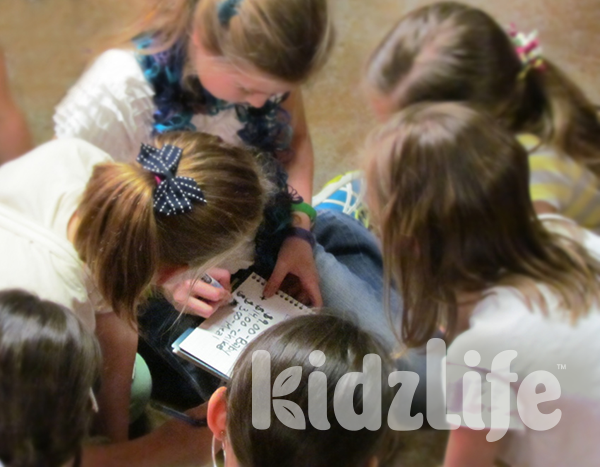Jesus famously said, “It is more blessed to give than to receive.” (Acts 20:35) Do you ever wonder why we so often rob our kids of this blessing? We unwittingly train our kids to be little takers instead of givers. It permeates our culture in America. Kids can’t go out for lunch (which, in itself, should be a treat) without clamoring for a toy to go along with the meal that was purchased for them.
Years ago, for our Wednesday night program, our system was to set up a “store” in which our kids could “spend” the credit they earned by memorizing verses. The result? Kids pick out two or three trinkets that would wind up under the back seat of the SUV before they arrived home that night. At best, it was a momentary perk; at worst, we were valuing the Word of God with a ten-cent plastic ring or smiley face pin.
Then we stumbled onto to something better. Much better. We can’t take credit. We borrowed the idea from another church who graciously answered all of our questions. Now our kids earn the ability to give to those in need. Yes, they still get a chocolate kiss for instant gratification, but long term, they save up paper dollars (one earned for every verse recited) and a few times a year, they choose items to buy for others. Whether it’s a mosquito net to protect a family in India, a baby chick that will grow up to supply eggs for a family in Nairobi, or a soccer ball for a school in Peru, our kids are giving items that matter. And oh how they love it.
This is not an inexpensive venture, as our beloved congregation substitutes a real dollar for every dollar earned. But as we see our kids excitedly pooling their resources together and debating which items would help someone the most, our spirits bear witness to the truth Jesus spoke, and our kids feel the blessing.










